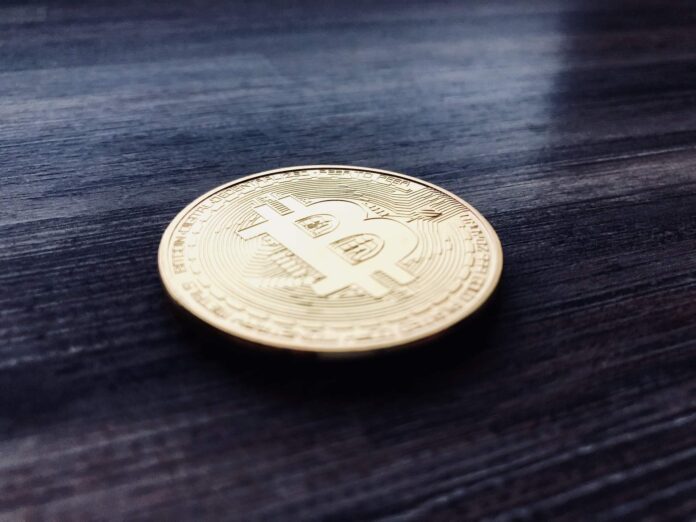Bitcoin has come along way since its humble beginnings. From its early life as an experiment in decentralized currency and consensus finding on various online forums for cypher punks, it has expanded into a multi-billion-dollar behemoth that has finally got the central bankers of the world expressing fear that they should do over their entire raison d’être being threatened in such an explicit way.
However, there are a few hurdles that Bitcoin must overcome before it becomes the global currency that all those, who are sick of corrupt politicians making the economy, wish it would. Let’s take a closer look at them.
Education
Perhaps the largest barrier facing Bitcoin today is the lack of public education about how finance works in modern times. Most people blindly trust central banks with their entire life savings. These institutions don’t work for the public though, they’re companies that care more for profits than people. They pull the strings of the entire economy, printing extra bank notes to deliberately devalue national currencies. Since they’re not backed by anything and can be inflated at will, these currencies are only a few poor fiscal decisions away from absolute ruin.
We’ve all seen the pictures depicting German citizens taking a wheelbarrow full of money to the bank during the 1920s. What many don’t realize is that something similar has happened in modern times in other nations. Take Zimbabwe, for example. The overprinting of money has absolutely desecrated the economy there, leaving a tragic situation in the wake of hyperinflation. Even the US have been printing ever-increasing sums of paper dollars to try and balance their books. Many experts believe that this too will end in disaster.
Bitcoin offers an escape from this – a future without banks at all. However, without education around central, fractional reserve banking, the public might not demand such a future.
Scaling
A more practical issue facing Bitcoin is that of scaling. The network simply can’t handle the number of transactions needed to provide a global payments service. Large steps are being made towards a network capable of handling more transactions per second. Last year, the software upgrade known as SegWit created more space on the blockchain for transaction data. Already this year, a further solution has been launched as a second layer solution to the scaling issue. Lightning Network allows users to make payments to one another off the blockchain. This will allow small payments to not clog the network and will be a godsend for businesses wishing to allow Bitcoin payments, such as merchants and casinos. There is a lot of work being done towards scaling the Bitcoin network and it’s likely that this obstacle will eventually be overcome.
Adoption
The more people who actively use Bitcoin, the greater its network affect will be. This will quickly transform the public view of the technology from a tool for drug dealers, money launderers, and wild speculators to something more acceptable. This in turn will lead to even greater adoption. Such a spread of awareness and usage would create a problem for legislators that are hostile towards the technology that is far too big for them to tackle. This changing attitude is vital for any true cryptocurrency revolution.
















